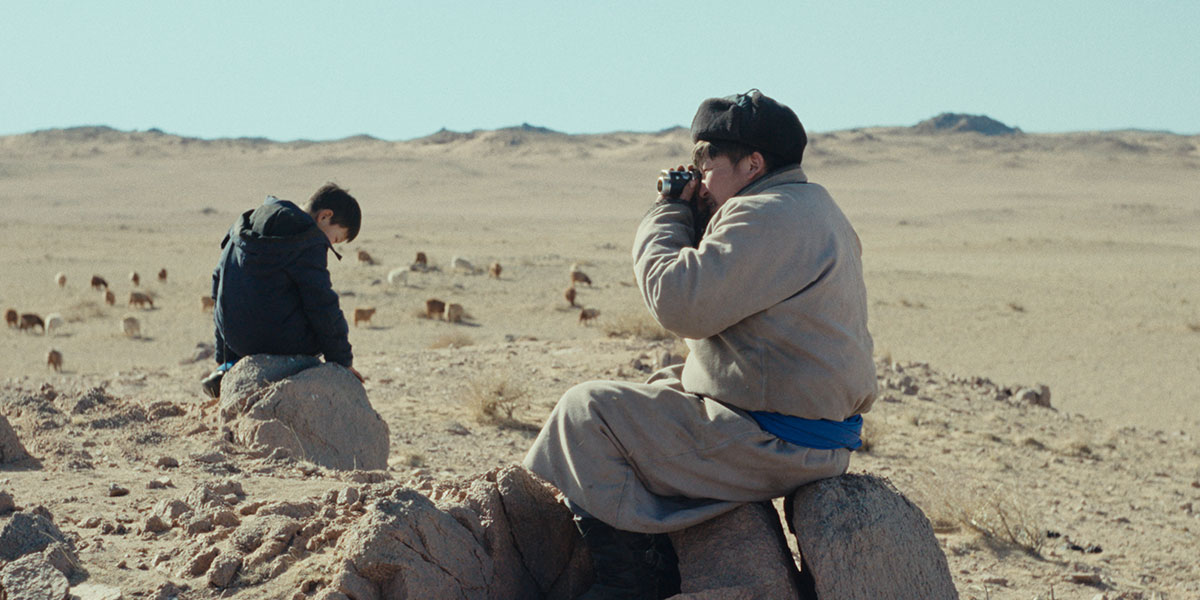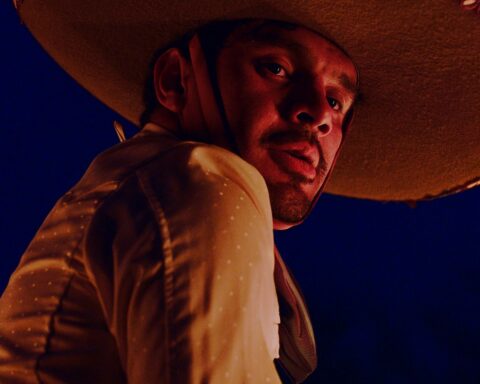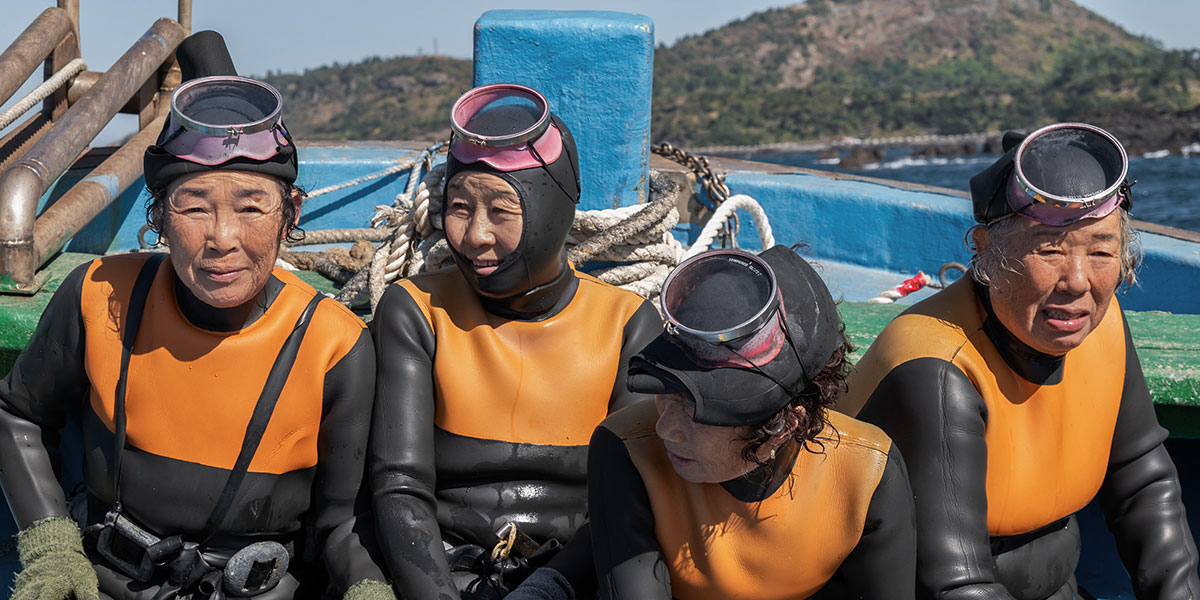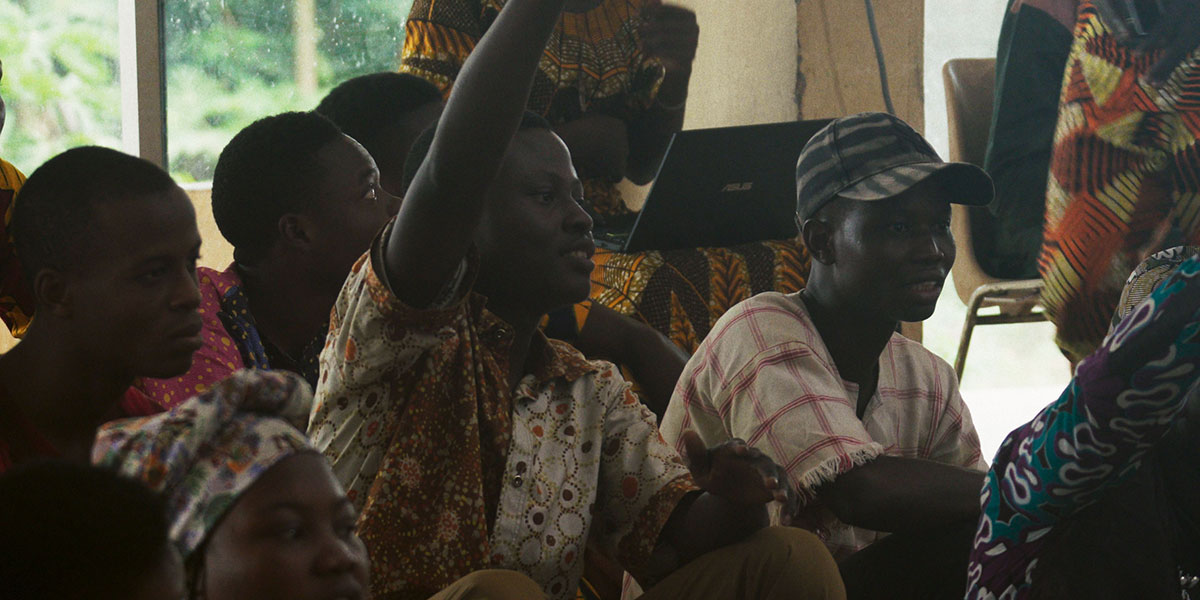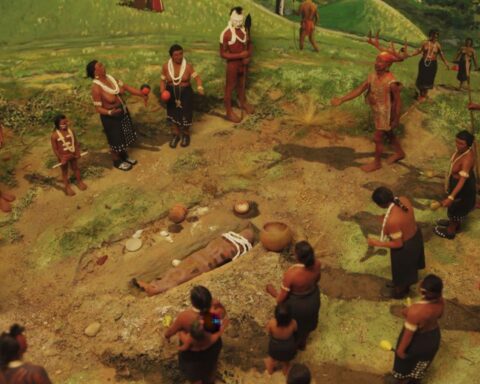The Wolves Always Come at Night
(Australia/Mongolia/Germany, 96 min.)
Dir. Gabrielle Brady
Programme: Platform (World Premiere)
Director Gabrielle Brady was in her 20s when she travelled to Mongolia, and by her own volition, she couldn’t quite connect to the country and its people in a meaningful way. When Brady returned some years later, she discovered her connection, but in a moment of upheaval and loss as those she had befriended were reluctantly leaving the countryside for the bright city lights of Ulaanbaatar.
The Wolves Always Come at Night follows herding couple, Daava (Davaasuren Dagvasuren) and Zaya (Otgonzaya Dashzeveg), living this disruption in real-time. After a sandstorm wipes out half their herd, they lament the need to leave home, however begrudgingly. We watch as Daava and Zaya attempt to make their new circumstances work, but notwithstanding this effort, their displeasure and yearning for the life and home they knew never dissipates, instead increasing with time.
Brady tells the story of Daava and Zaya, and many others, through a hybrid model, including a narrative structure to re-enact the couple’s experiences. In a particularly heartbreaking sequence, Brady shows us the sandstorm and its aftermath through visceral imagery both tonally and visually. Daava’s pensive reflection after wading through the lands collecting his dead sheep provides audiences insight into the desperation driving his and Zaya’s decision.
The hybrid model works exceptionally well in The Wolves Always Come at Night as the observational qualities of documentary feel stark and almost cold, as if echoing the frigid reality of the situation. The retrospective re-enactments, meanwhile, receive a cinematic sheen, invoking Daava and Zaya’s happy memories that feel dream-like. Although Daava and Zaya’s dialogue (the two serve as co-writers on the film) adds to the poignancy of the film, their facial expressions caught by Brady in quiet moments lend the film its gravitas.
Underscoring the personal sense of loss for the land and its lifestyle, Brady weaves a thoughtful discussion concerning climate change and its knock on effects for people like Daava and Zaya. Rather than the messaging feeling overt, it’s clear Brady and her team committed hours of research towards this stream of commentary, constructing a logical through-line complementing the emotional notes of the film effectively.
The Wolves Always Come at Night is a slow burn by design — Brady maneuvers us quietly through the ebbs and flows of Daava and Zaya’s personal internal conflict so that we feel every detail and beat with depth rather than a passing superficiality. The universality of Daava and Zaya’s situation can be felt by families and communities around the world with less emphasis being placed on lifestyles connected to the land and earth and focus pushed on the commercialism of city life becoming increasingly common. It’s in the specificity and vulnerability of Daava and Zaya, and the willingness with which they allow audiences into their lives, that offers us the chance to take a 30,000 foot perspective and breaking us free from our own socio-economic bubbles.
The Wolves Always Come at Night premiered at TIFF 2024.
Get more coverage from this year’s festival here.




